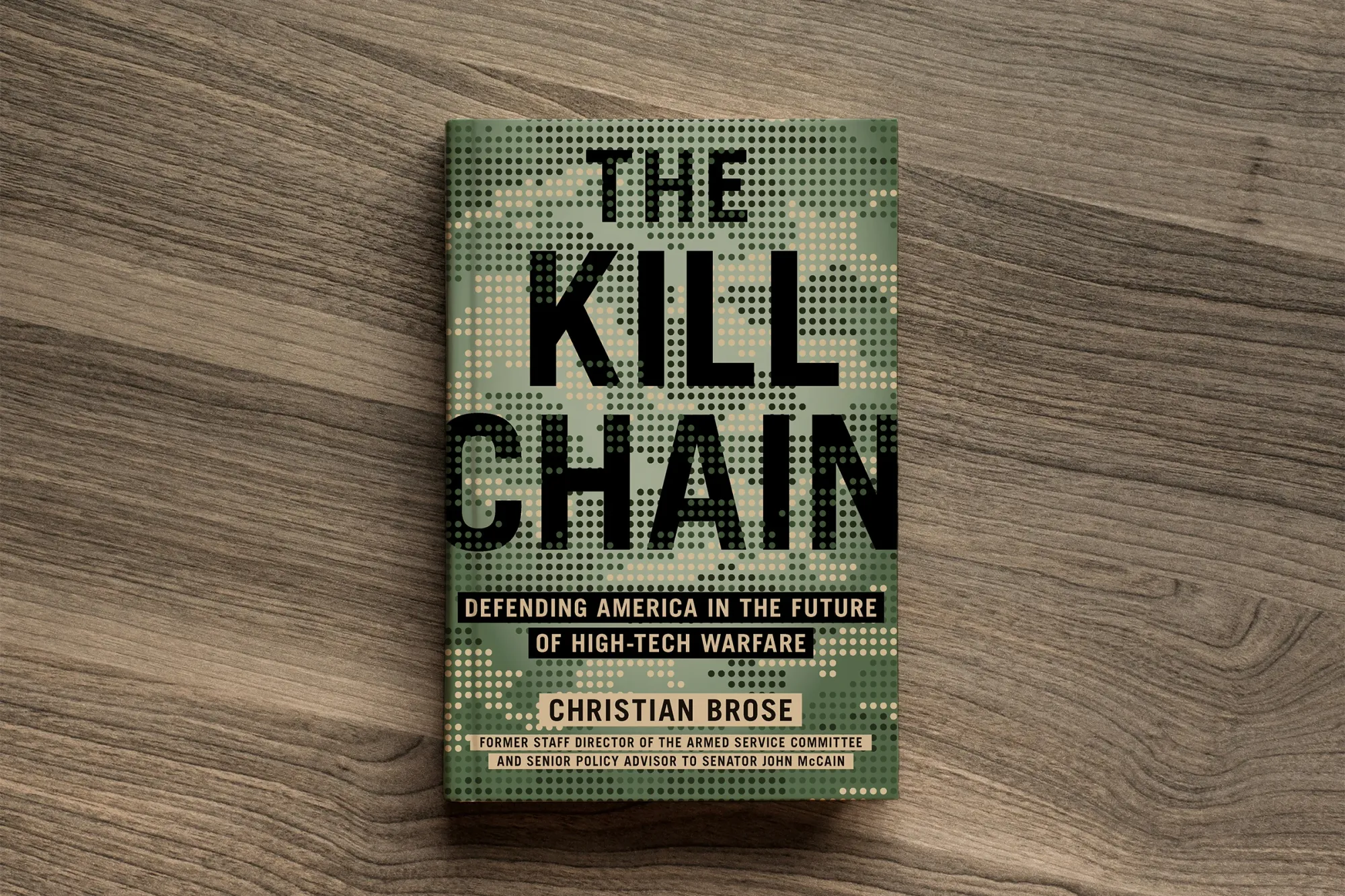kill chain
Spent my last weekend reading "Kill Chain" by Christian Brose, the Chief Strategy Officer of Anduril, a defense startup partnering with Palantir. The book presents a sobering assessment of America's current military capabilities and the Chinese threat, introducing the concept of a "kill chain" as the foundation for how U.S. defense needs to evolve.

A kill chain represents the sequential process of combat operations: understanding the situation, making decisions, and executing actions. while platforms can be useful tools, they aren't the ultimate answer to achieving victory in warfare. Instead, the ability to win wars comes down to one thing: the kill chain itself.
Since World War II, the U.S. has consistently dominated its opponents militarily, like Real Madrid playing against an elementary school soccer team. However, China's rapid technological advancement, achieved through any means necessary, has created an unprecedented situation where America must now question whether aircraft in the sky are friendly or hostile during potential conflicts.
The U.S. can no longer claim overwhelming military superiority against all other nations. To achieve decisive victories in modern warfare, transformation is needed: shifting from offensive to deterrent strategies, and from expensive, powerful platforms (like aircraft carriers and F-35s) to numerous, affordable autonomous systems (such as drones and unmanned submarines).
This transition to numerous, affordable autonomous systems represents a fundamental shift from hardware-centric to software-centric military power. At its heart lies AI-based ontology.
The need for AI ontology becomes clear when we consider what it means to grant autonomy to systems. Autonomy requires constraints—"within certain limits" and "to perform specific tasks." In warfare, incorrect definitions of these constraints could lead to catastrophic results.
I believe discussions about AI autonomy should begin in defense contexts because warfare represents the extreme end of "skin in the game," where rewards and responsibilities are most intense. This also explains why Palantir's success in defense shouldn't be measured solely by revenue. Just as the internet, radar, and artificial satellites evolved through hegemonic conflicts, AI will likely find its direction and mature through similar crucibles.
As time progresses, we'll develop clearer answers about how AI should assist humans and operate autonomously. Watching Palantir's choices as a linchpin in this evolution has become one of the most rewarding aspects of investing in this company.